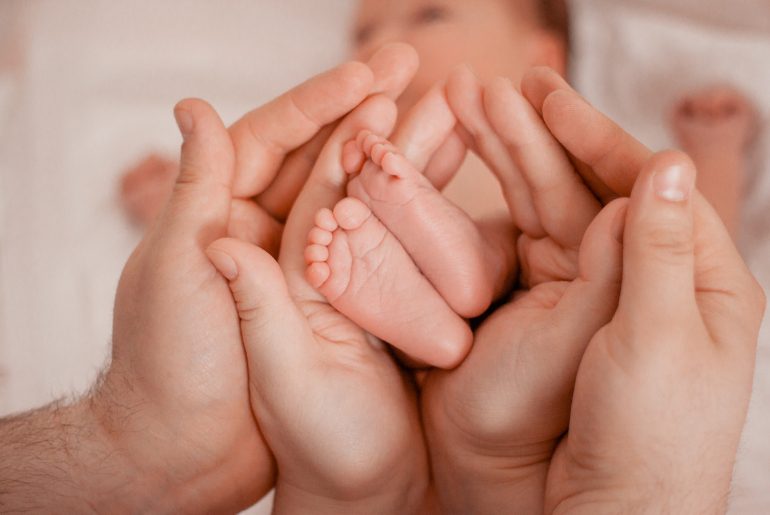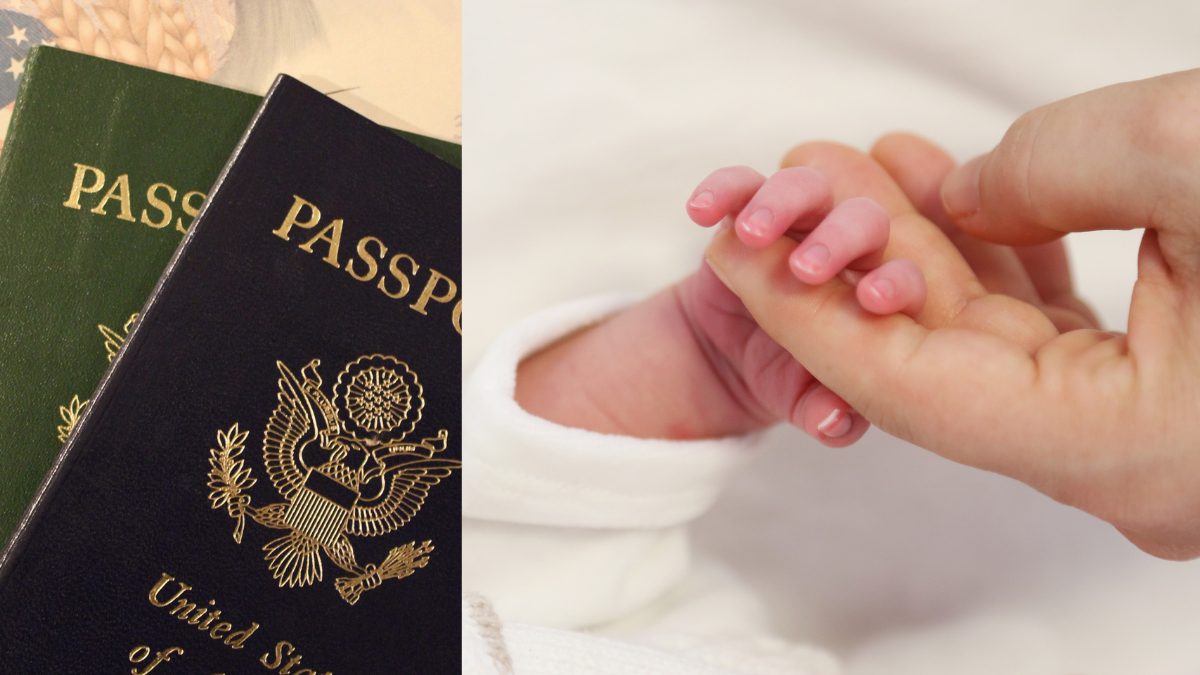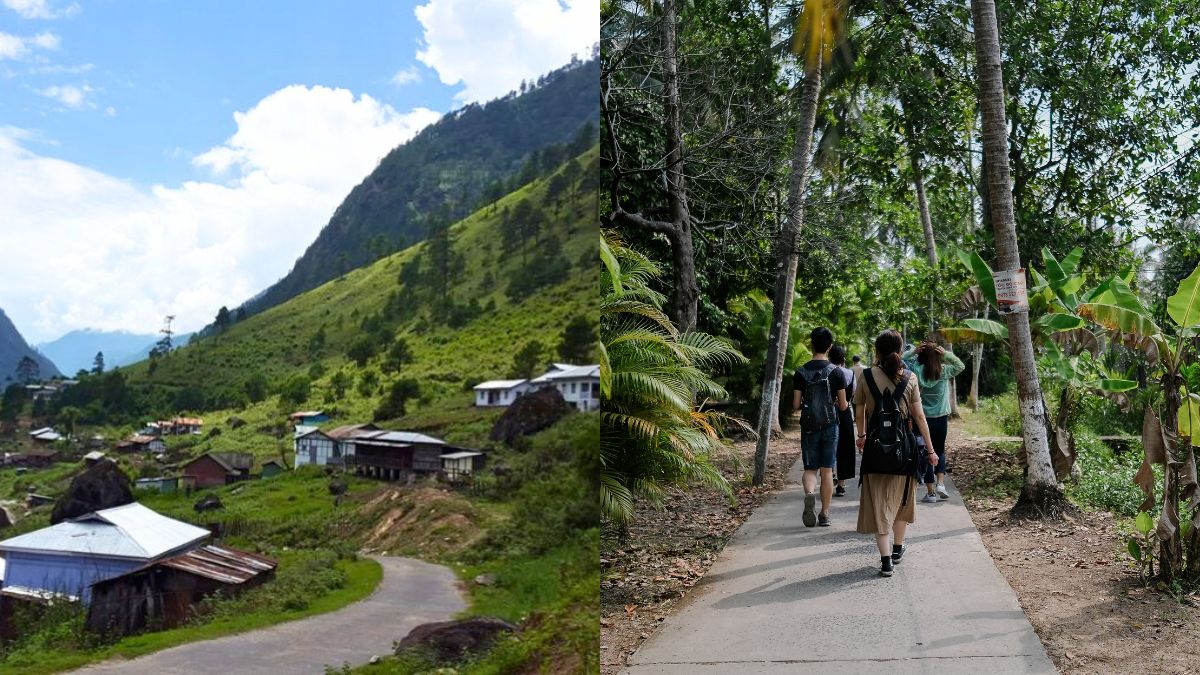In the global quest for citizenship, there’s a unique, albeit controversial, strategy that involves crossing borders not for work or leisure but for childbirth. Birth tourism, a practice where expectant mothers journey to foreign lands to secure citizenship for their newborns, has become a curious phenomenon. From affluent nations like the United States and Canada to various corners of the world, this pursuit of nationality by maternity has sparked debates, tightened regulations, and raised questions about the rights of “anchor babies” and the strains on healthcare systems.
The Rise Of Birth Tourism And Nationality By Maternity

Birth tourism is a practice where pregnant individuals travel to another country to give birth there so that the child born on that country’s soil becomes a citizen by birthright. Those engaged in birth tourism often choose countries that offer birthright citizenship, typically nations like the United States, Canada, or some other countries. They chose nations where citizenship is automatically granted to those born within their borders.
The process usually involves individuals obtaining a travel visa to enter the chosen country. They often claim they are visiting for tourism or medical purposes. Once in the country, they seek medical care to give birth. Some may stay in maternity hotels or special facilities catering to birth tourists.
The motivations behind birth tourism certainly vary. Some parents seek better educational or career opportunities for their children, while others aim to secure a foothold in a more stable country. Some also make this choice to access better healthcare. Additionally, obtaining citizenship through birth can provide the child with the option to sponsor their parents for immigration.
Also Read: How To Spend 48 Hours In Ayodhya: Things To Do, To Eat, To Shop
Exploring The Impact On National Identities

However, birth tourism is a contentious issue in many countries. Critics argue that it can be a loophole for immigration and citizenship laws, potentially straining social services and contributing to fraudulent practices. In response, some countries have taken steps to restrict or regulate this practice. They have implemented stricter visa policies or cracked down on businesses catering to birth tourists. Concerned about the implications, the US government has begun imposing restrictions on this practice. Notably, pregnant women entering the US on tourist visas must now demonstrate a purpose other than childbirth. According to News 18, temporary B-1 and B-2 visas for birth tourism are no longer being issued.
It’s worth noting that birth tourism is often used by women from economically disadvantaged backgrounds. These mothers also seek better opportunities or access to citizenship for their children. These children born through birth tourism are colloquially referred to as “anchor babies.” This is a term used to describe their role in family immigration or eventually securing citizenship rights for their parents.
Birth tourism continues to provoke discussions on citizenship, ethics, and the ever-evolving boundaries of international law.
Cover Image Courtesy: Canva
For more such snackable content, interesting discoveries and the latest updates on food, travel and experiences in your city, download the Curly Tales App. Download HERE.
Good news! We are on WhatsApp! Subscribe to Curly Tales WhatsApp Channel to stay up-to-date with exclusive content and BTS. Join HERE.




